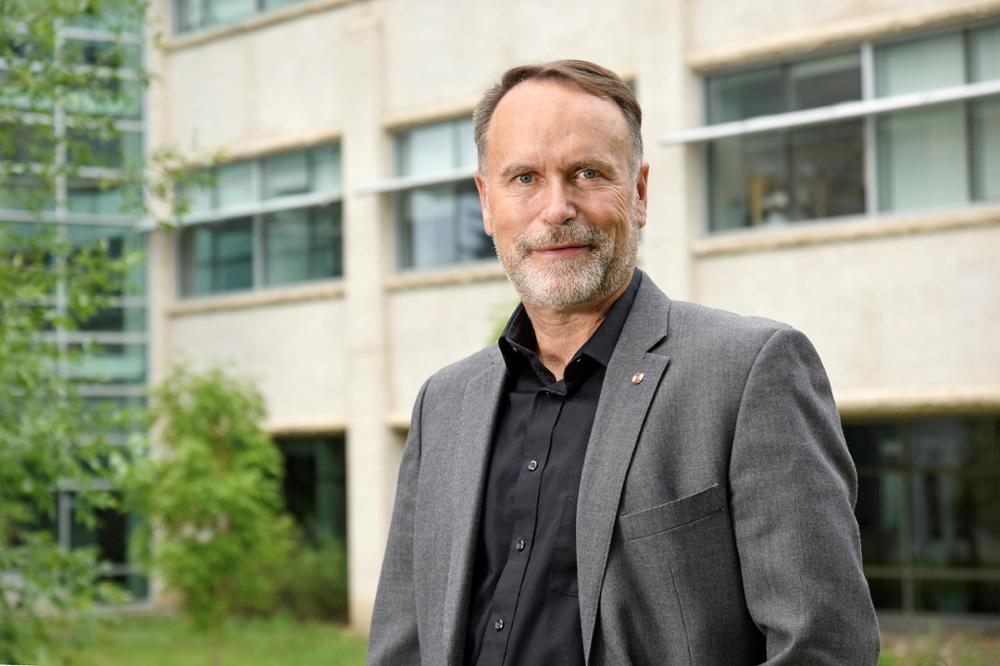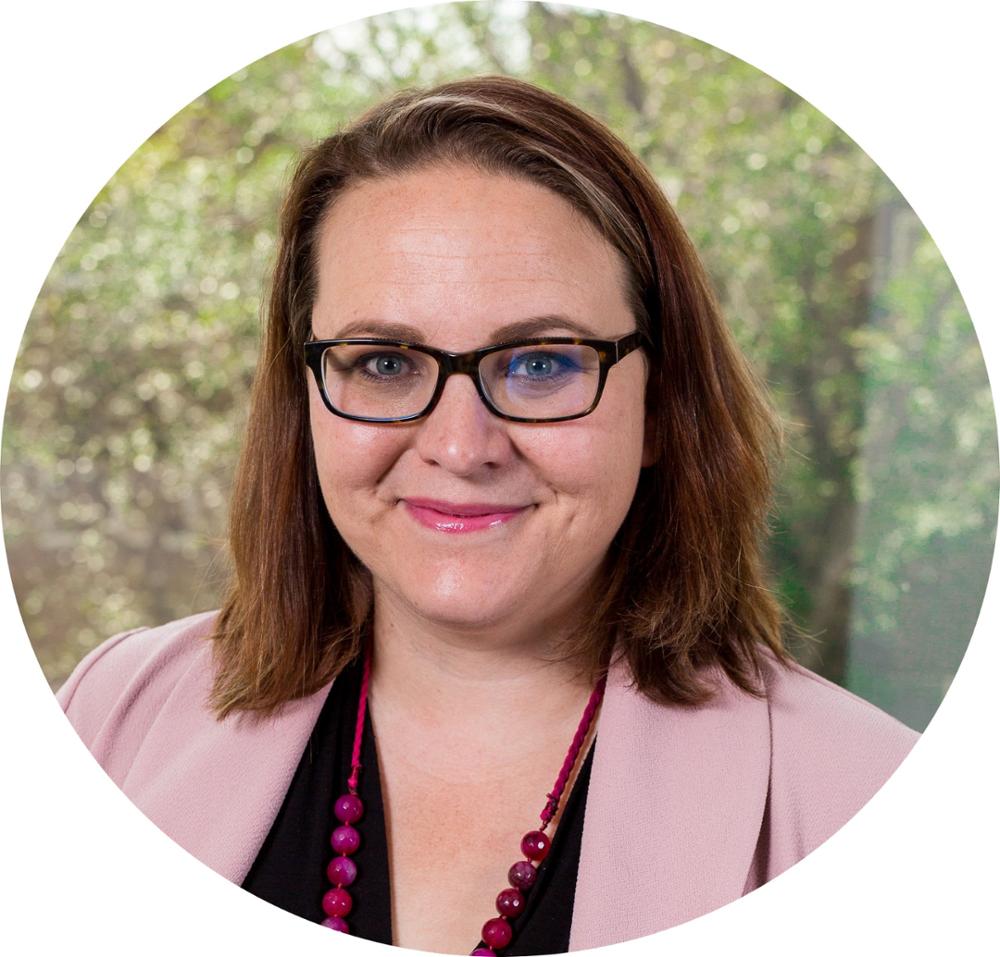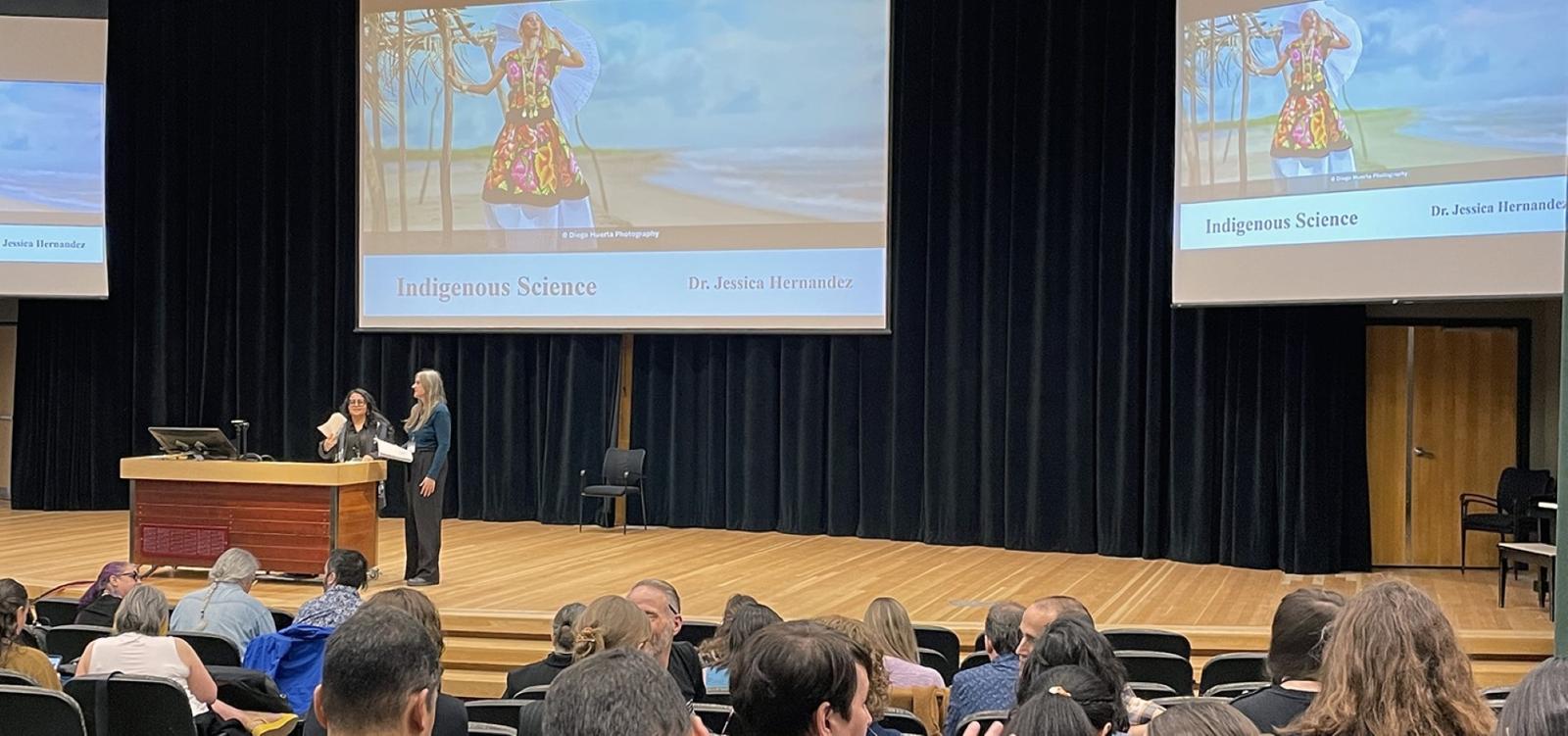What has many graduate students funded by prestigious scholarships, world-renowned scholars, four Research Chairs, three Fellows of the Canadian Academy of Health Sciences, a member of the College of New Scholars (Royal Society of Canada), a Fellow of the Royal Society of Canada, and an Officer of the Order of Canada? It’s the University of Regina’s Department of Psychology!
The department and its researchers are making a name for themselves with 2024 Times Higher Education ranking the department as #1 in Canada and #4 in the world in its Research Quality category.
In five years, the number of people who receive a Doctorate in Clinical Psychology from the U of R will be almost double what it would have been previously. — Dr. Gordon Asmundson, Head, Department of Psychology
“All scientists, which includes behavioural scientists and psychologists, publish their work to make it accessible to other people who are interested in the same topics,” says Dr. Gordon Asmundson, Professor and Head of the Department of Psychology. “When other scientists cite already-published work, it has an impact, and the more times a scientist’s work in cited, the bigger the impact.”
In addition, the more someone’s work is cited, the more likely it is to have impact on society and to be featured in popular publications, such as Psychology Today.
Meeting demand: expanded Graduate Clinical Psychology Program
Typically, the five-year Graduate Clinical Psychology Program offered six new first-year seats each year. With more than 200 applicants, the acceptance rate hovered at about three per cent annually. Then, in the 2023-24 academic year – thanks to funding from the Government of Saskatchewan’s Health Human Resources Action Plan – that number rose to ten new first-year seats.

“Clinical psychology, across Canada and North America, is an extremely competitive field,” says Asmundson. “The new funding means that in five years, the number of people who receive a Doctorate in Clinical Psychology from the U of R will be almost double what it would have been previously.”
With their U of R degree in hand, Clinical Psychology graduates may choose to go into academia or private practice. Asmundson underscored that those heading into private practice, whether within the province or elsewhere in Canada, are contributing additional and much-needed mental health resources.
Psychology Training Clinic
The department’s Psychology Training Clinic provides student-therapists in the Graduate Clinical Psychology Program with experiential learning opportunities, providing counselling and assessment services under the supervision of highly trained supervisors.
Student-therapists provide treatment for common mental health illnesses such as depression, anxiety, post-traumatic stress disorder, and obsessive-compulsive order. They also provide assessments for a variety of child and adult mental health disorders, including attention deficit hyperactivity disorder (ADHD) and autism. All clients are provided services at a reduced rate by a PhD student in Clinical Psychology under close supervision of registered doctoral psychologists.

“Our mission is to provide accessible mental health services to the community,” says Dr. Nichole Faller, Director of the Psychology Training Clinic. “In addition, we want to provide quality supervision and build developmental skills for student-therapists. This is a great opportunity for graduate students to be able to stay on campus and receive quality supervision while they complete their practical work experience.”
Interested in Forensic Psychology?
The Department of Psychology has also been working on an exciting new program offering – the Forensic Psychology Certificate. Forensic psychology connects psychology with both the legal and criminal justice systems. The Certificate is a joint offering between the U of R and two of its federated colleges, Campion and Luther. Watch for more information on this new certificate program in 2024!
Wondering what the top-ranked psychology department has on offer? Contact the Department of Psychology today!
About the University of Regina
Set in the heart of the Canadian prairies we are a comprehensive, mid-sized university where the opportunities are as limitless as the horizon. Our campuses are on Treaty 4 and 6 - the territories of the nêhiyawak, Anihšināpēk, Dakota, Lakota, and Nakoda peoples, and the homeland of the Michif/Métis nation. It is our responsibility to strengthen relationships with Indigenous communities to build a more inclusive future for all. Our three federated colleges, 10 faculties, 25 academic departments, and 18 research centres foster innovative research with practical and theoretical applications. We are committed to cultivating the potential of our 16,000 students and supporting their health and well-being. We take learning beyond the classroom through work and volunteer experiences to develop career-ready graduates.
Let’s go far, together.




